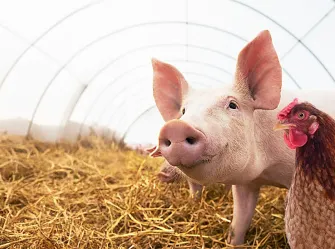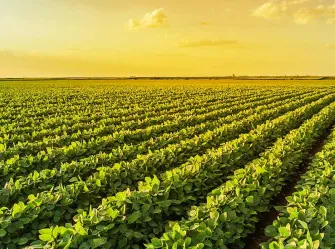Our Services
At the heart of the international drive for sustainable development is responsible stewardship of the lands we farm to produce food and fiber. The growth in sustainable agriculture worldwide reflects widespread recognition of the importance of environmental responsibility, ethical treatment of workers, humane treatment of animals, and responsibility to consumers for the delivery of quality products. SCS has been working for decades to help the food industry meet strong sustainability objectives across the entire supply chain, through standards development and certification services.
Featured Services
All Sustainable Agriculture Services
- Certifications
- Verifications
- Consulting
Certification
-
Sustainable Sugarcane Initiative
-
Ensuring Compliance to California Animal Care Standards
-
Responsibly Grown. Farmworker Assured™
-
SAI Platform
-
Organic Products Law
-
Sustainably Produced, Fully Traceable, Non-GMO Ingredients
-
Sustainable Agricultural Production and Responsible Supply Chain
-
Roundtable on Sustainable Palm Oil (RSPO) Certification for Growers, Mills, and Independent Smallholders
-
Roundtable on Sustainable Palm Oil (RSPO) Certification for Supply Chains
-
Distinguish Your Brand with the Most Comprehensive Standard for Sustainable Agriculture
-
Showcasing environmental and social best practices, with a focus on advanced Integrated Pest Management (IPM)
-
Certification for Sustainable Ornamental Horticulture















